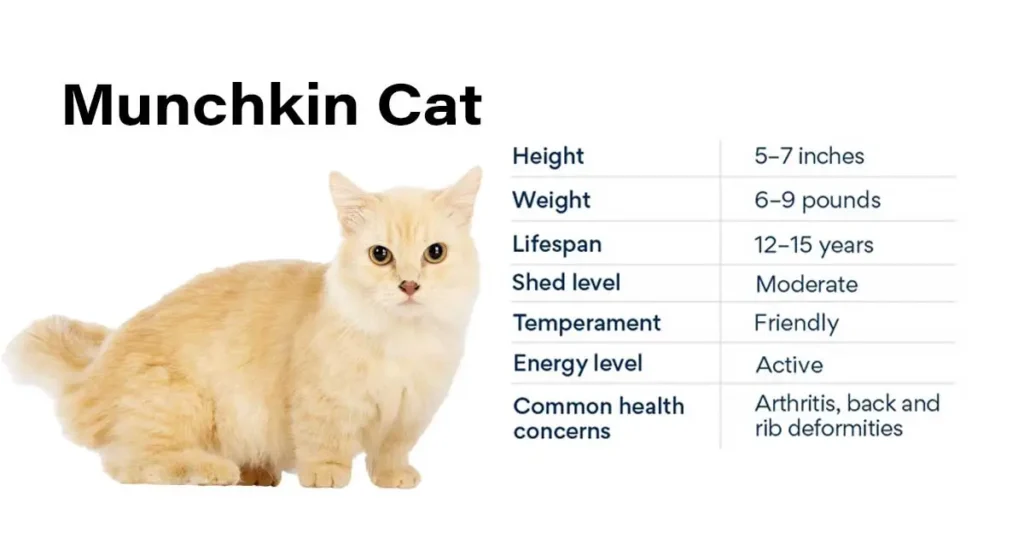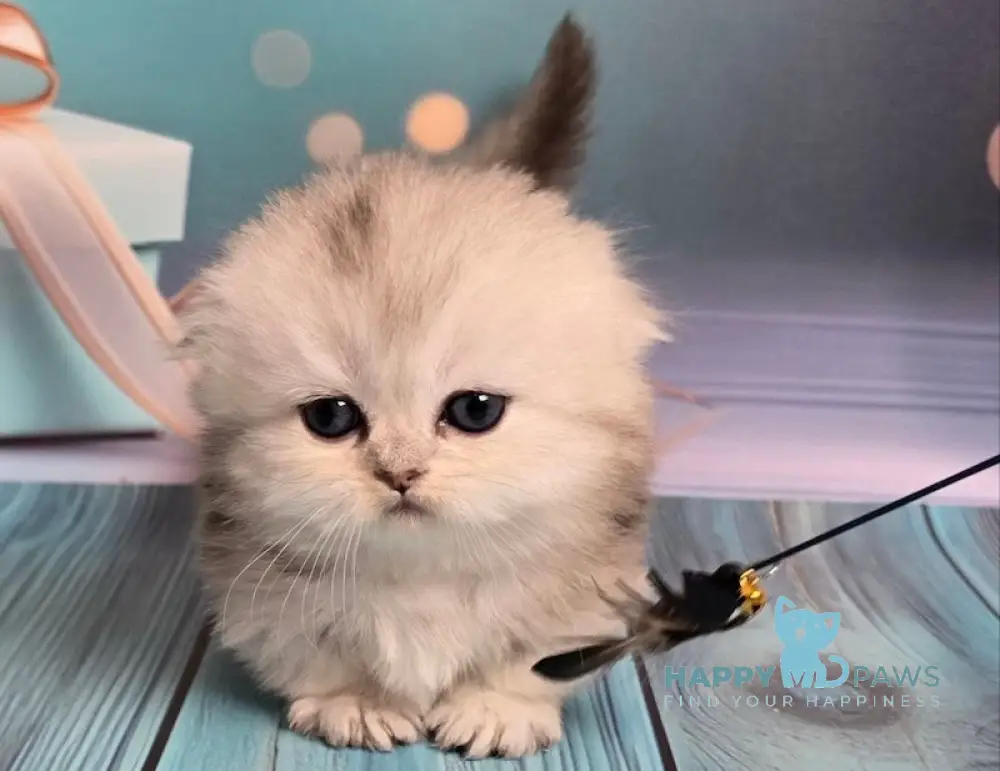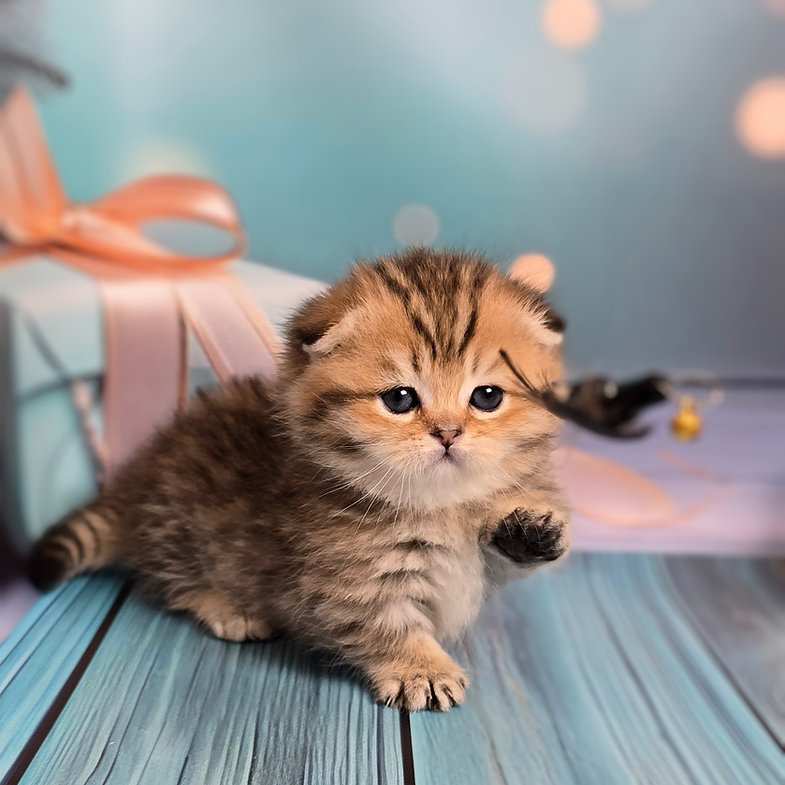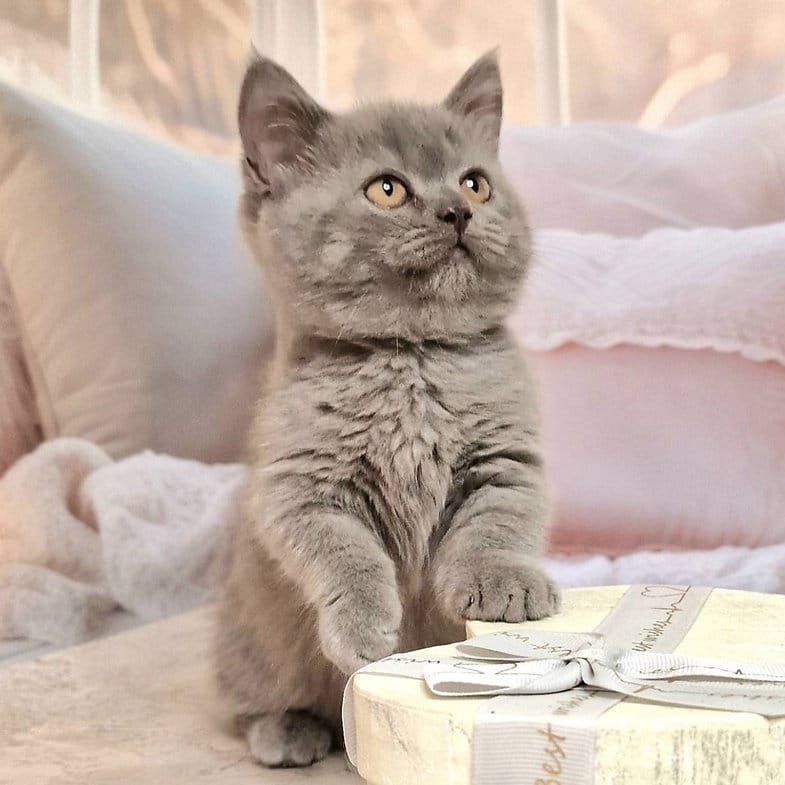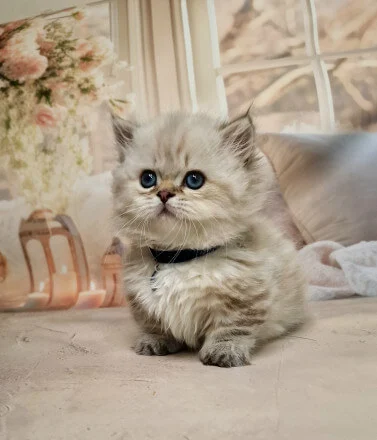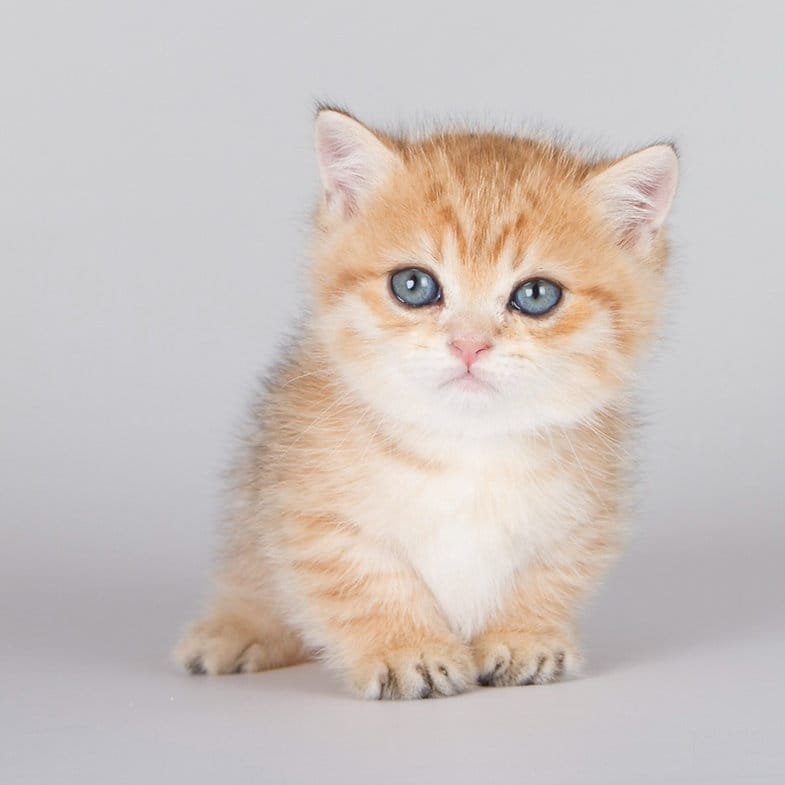Table of Contents
ToggleMunchkin Kitties For Sale | Average Weight & Growth Chart
Munchkin cats are friendly, cheerful, energetic companions. They also have short legs that they frequently use to zip around corners with panache. These charming cats make lovely pets and enjoy nothing more than spending time around their favorite humans. Lets talk about munchkin kitties for sale weight in this article.
This breed comes in just about every color and pattern that you can imagine. There are white, lilac, black, tabby, tortoiseshell, and even calico Munchkins. There are also short- and longhaired variants. When adult Munchkin cats are fully grown, they usually Munchkin cat weight 6–9 pounds. Here, we delve into a few facts about this breed, including how large these kitties typically get.
Munchkin Kitties For Sale
Facts About Munchkin Cat Weight
Munchkin cats come in three sizes: standard, short, and tiny. There are even designer mixes like the Bambino—a hairless, short-legged Sphynx-Munchkin mix.
Munchkins were relatively common in England before WWII, and evidence suggests the existence of short-legged cats in Russia in the 1950s and New England during the 1970s. However, the modern recognition of the breed is linked to the chance discovery of two short-legged pregnant cats by a Louisiana teacher, Sandra Hochenedel. Hochenedel adopted the cats and approached The International Cat Association (TICA) to recognize the Munchkin breed, which was first granted in 1994.
The short legs that characterize this cat are related to a specific gene. Initial concerns about spinal problems due to the increased back stress caused by the short legs have been mostly disproven, as research has shown that Munchkin cats don’t suffer unduly from spinal issues because of their short legs. The breed is predisposed to developing pancreatitis and severe arthritis, though.
Munchkin Size and Growth Chart
Munchkins are small to medium-Munchkin cat weight with short legs. The breed is defined by their short legs, and with cross-breeding, you can have relatively large Maine Coon-Munchkin mixes and tiny Sphynx-Munchkin cats.
Keep in mind that Munchkin cats are never bred with other Munchkins, so the breed is constantly influenced by outside traits. Here is a chart with more information about the TICA-recognized breed.
| Age | Weight |
| 1 week: | 0.3–0.6 pounds |
| 1 month: | 0.75–1.3 pounds |
| 3 months: | 4–6 pounds |
| 6 months: | 4–6 pounds |
| 7 months: | 4–6 pounds |
| 9 months: | 5–8 pounds |
| Adult: | 6–9 pounds |
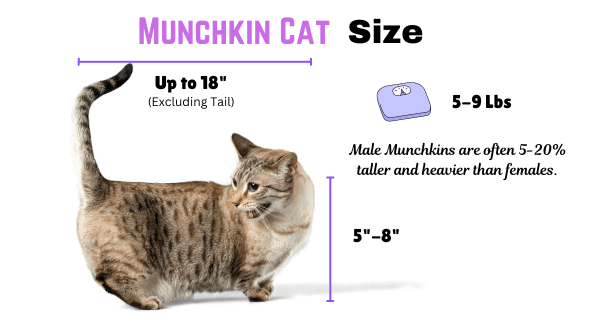
When Does a Munchkin Cat Stop Growing?
If you’re wondering when Munchkin cats are fully grown, it is usually by the time they’re 1 year old. Like other cats, they fill out a bit after reaching young adulthood. Most won’t change that much physically after they are 2 years old.
Kittens go through a developmental spurt in their first 9 months of life. Newly born kittens often Munchkin cat weight no more than 3 ounces or so. Cats are born blind and unable to walk without assistance. Within 8 weeks of birth, kittens develop into playful bundles of energy weighing up to 2½ pounds.
During these first months, kittens learn the skills they need to survive and become accustomed to human contact. Cats that don’t have sufficient human contact during the first 3 to 9 weeks of their lives often remain permanently wary of people.
Factors Affecting the Size of a Munchkin Cat
Your cat’s non-Munchkin parentage will make a massive difference in your pet’s size. Munchkin cats are the result of a recessive gene. Embryos that receive two copies of the gene don’t survive, while those with two copies of the dominant gene won’t have the trait.
As a result, most breeders only breed Munchkins with non-Munchkins. They commonly mix them with cats of all breeds, colors, patterns, and coat lengths, resulting in varying coat lengths, body shapes, and colors. Munchkins with large parents are likely to have similar builds. The size of your cat’s legs should be close to that of their parents.
Kittens need more calories, protein, and fat than adult cats. But after your cat reaches full size, it’s important to begin giving them adult food and watching their weight, as studies suggest that anywhere from 60% of pet cats are obese. Being overweight is a considerable risk factor for conditions such as diabetes and struvite formation.
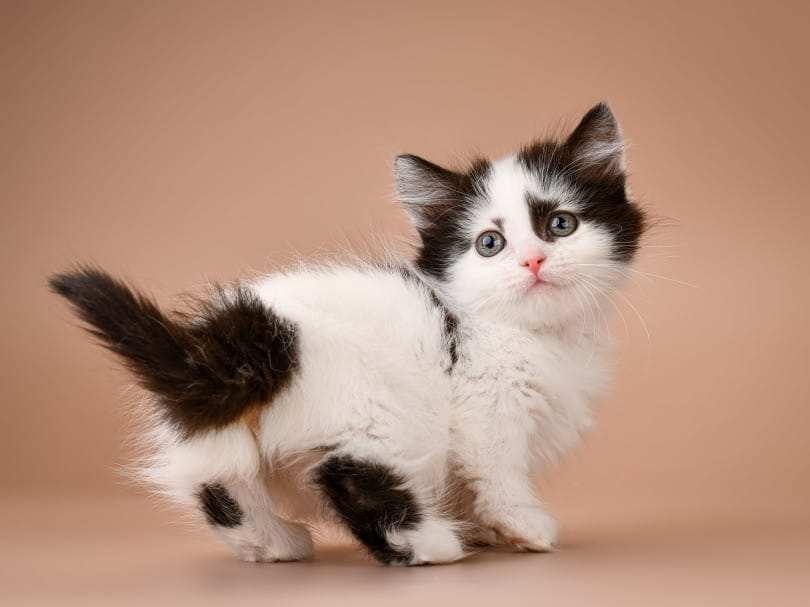
Ideal Diet for Maintaining a Health Weight
Munchkin cats don’t have any special dietary needs. Kittens and pregnant queens require a nutritious diet high in calories and protein. Adult cats need around 200 calories per day, which are fewer calories than growing kittens and nursing queens require.
For optimal health, adult cats require around 6.5 grams of protein per 100 calories consumed. There are several high-quality commercial products available that include all the nutrients cats need to stay happy and healthy. To find high-quality food for your cat, look for products with a whole protein—like duck, chicken, tuna, or beef—listed first on the ingredient list.
Munchkin cats are active kitties. They’re known for their tendency to zip around with enthusiasm and precision, but most cats slow down a bit as they age. Weight management and indoor cat formulations can help you keep your cat’s weight under control as your pet starts to spend more time on the couch. Many senior and mobility support diets feature products such as omega-3 fatty acids, glucosamine, and chondroitin to ease arthritis-associated pain and discomfort.
How to Measure Your Munchkin Cat
Your cat’s veterinarian will monitor your munchkin kitties for sale growth and weigh your new buddy during every visit. Kittens need to be seen by a veterinarian once per month for the first 4 months for checkups and vaccinations. If a kitten isn’t gaining weight at the same rate as their littermates or is struggling to eat, have your kitten seen by a veterinarian as quickly as possible.
The easiest way to keep track of your adult cat’s weight is with an old-fashioned bathroom scale. Step on the scale and record your weight. Grab your cat and jump on the scale again. Subtract the first number from the second to determine how much your cat weighs. If you’re trying to help your cat drop a few pounds, consider writing your pet’s weight down to make it easier to track trends.
Conclusion
Although most adults only weigh 6 to 9 pounds, Munchkin cats make up for their miniature stature with oversized personalities. There are also purebred Munchkin mixes, like the short-legged, hairless Bambino, which is a Sphynx–Munchkin cross.
Most love spending time with people and exploring their environment at full speed. Short-haired Munchkins don’t have any significant grooming needs. Their longhaired breed mates, however, require daily brushing.

